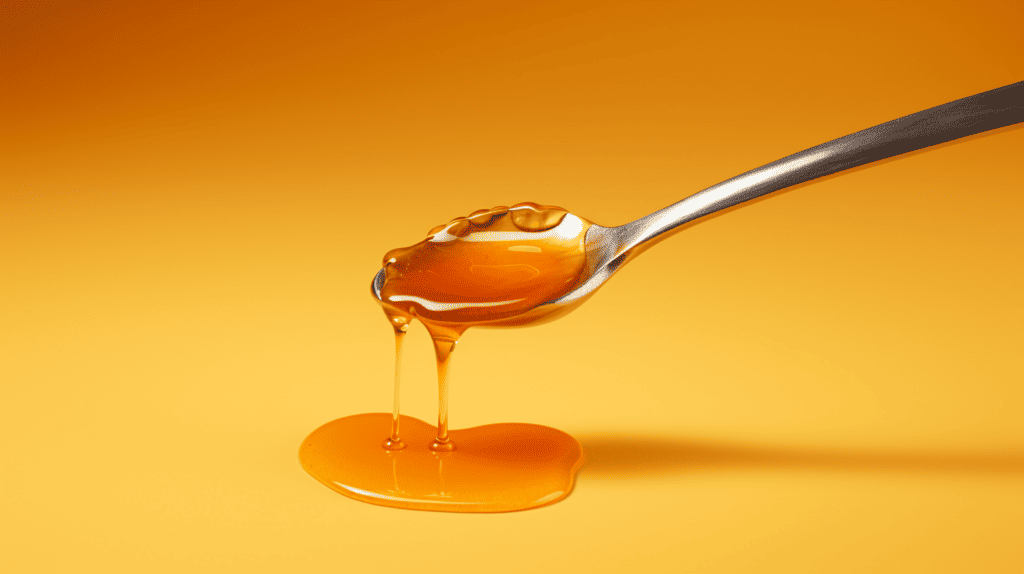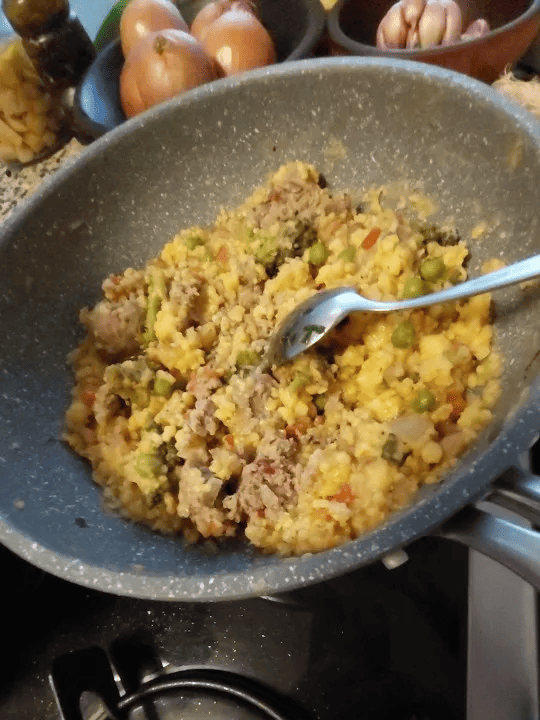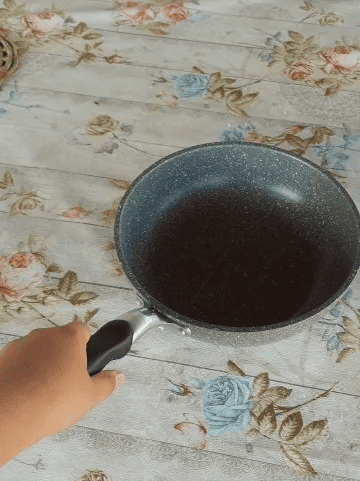
Do you use a metal spoon to scoop it out of the jar? You may have heard that using a metal spoon can kill the beneficial enzymes present in honey, but is this really true?
According to experts, using a metal spoon to scoop honey may not be the best idea. This is because honey is acidic, and metal components can corrode when exposed to acid. As a result, there is a fear that metal ions can mix with honey, leading to changes in taste, color, or even the destruction of beneficial enzymes.
However, some sources suggest that the contact between a metal spoon and honey is too brief to cause any significant damage to the enzymes. So, does a metal spoon really kill enzymes in honey? Let’s find out.
The Effects of Metal Spoons on Honey
When honey comes into contact with a metal spoon, it can absorb some of the metals from the spoon. This can lead to a metallic taste in the honey, which can be unpleasant. Additionally, some believe that certain beneficial enzymes in honey can be destroyed by contact with copper and iron, which are commonly found in metal spoons.
However, it is important to note that the effects of metal spoons on honey are not fully understood. While some studies have suggested that metal spoons can have a negative impact on honey, others have found no significant difference in enzyme activity between honey that was stirred with a metal spoon and honey that was stirred with a wooden or plastic spoon.
If you are concerned about the potential effects of metal spoons on your honey, there are a few alternatives you can try. Wooden or plastic spoons are a good option, as they are less likely to react with the honey and alter its taste or composition. You can also use a honey dipper, which is a special tool designed for scooping and drizzling honey.
How Different Metals Impact Honey Enzymes
Here are some of the different metals and how they can impact honey enzymes:
- Copper: Copper is known to react with the acids in honey, which can cause the honey to taste metallic and even produce toxic compounds. It is recommended to avoid using copper utensils with honey.
- Iron: Iron can also react with the acids in honey, but to a lesser extent than copper. While it may not produce toxic compounds, it can still impact the flavor of the honey.
- Stainless Steel: Stainless steel is generally considered safe to use with honey as it is non-reactive and does not impact the enzymes or flavor of the honey.
- Silver: Silver is also non-reactive and safe to use with honey. In fact, some experts believe that silver may even have antibacterial properties that can benefit the honey.
Overall, while some metals can impact the enzymes and flavor of honey, not all metals are created equal. It is best to avoid using copper utensils with honey and stick to non-reactive metals such as stainless steel or silver.
Preserving Enzymes in Honey
Enzymes are proteins that help break down complex molecules into simpler ones, making them easier for your body to absorb. Honey contains several enzymes, including diastase, invertase, glucose oxidase, catalase, and proteases.
Experts believe that using a metal spoon to scoop honey can cause the enzymes to break down, reducing their effectiveness. This is because metals like copper and iron can react with the acids in honey, producing harmful salts that can destroy the enzymes.
However, the reaction between metal and honey is not immediate, and it takes time for the harmful salts to form. So, using a metal spoon to scoop honey quickly and then washing it immediately may not cause any harm to the enzymes.
To preserve the enzymes in honey, it’s best to use a wooden or plastic spoon instead of a metal one. These materials are non-reactive and won’t cause any harm to the enzymes.
In addition to using a non-reactive spoon, it’s also important to store honey properly. Keep it in a cool, dark place, away from direct sunlight and heat, to prevent the enzymes from breaking down.
Conclusion
In conclusion, using a metal spoon to scoop raw honey may not necessarily kill enzymes in honey. However, it is important to note that honey is acidic due to its organic acid content, and the pH scale of honey is normally between 3.4 to 6.1. Acidic substances can corrode metals, and it is often feared that metal components can be mixed in honey, such as metal spoons or other metal utensils.
Therefore, the best way to enjoy the health benefits of honey is to choose high-quality honey that is free from contaminants, such as pesticides and heavy metals. It is also recommended to store honey in glass or plastic containers and avoid using metal utensils to scoop honey.
Overall, while there is no conclusive evidence to suggest that using a metal spoon to scoop honey kills enzymes, it is still important to take precautions to ensure the quality and purity of honey. By choosing high-quality honey and storing it properly, you can enjoy the many health benefits of this delicious and nutritious food.
Frequently Asked Questions
Why is a wooden spoon recommended for honey?
Wooden spoons are recommended for honey because they do not react with the honey’s natural enzymes. They are also gentle on the honey and do not cause any damage to the honey’s texture or flavor.
Does honey react negatively with metal utensils?
Honey can react negatively with some metal utensils, especially if they are made of copper or iron. These metals can produce harmful toxic salts that can damage the honey’s natural enzymes.
Does metal kill enzymes in honey?
Metal can kill enzymes in honey if it reacts with the honey’s natural enzymes. This is especially true for metals like copper or iron. When these metals come into contact with honey, they can produce harmful toxic salts that can damage the honey’s natural enzymes. Therefore, it is best to use a wooden spoon when handling honey to preserve its natural enzymes.



